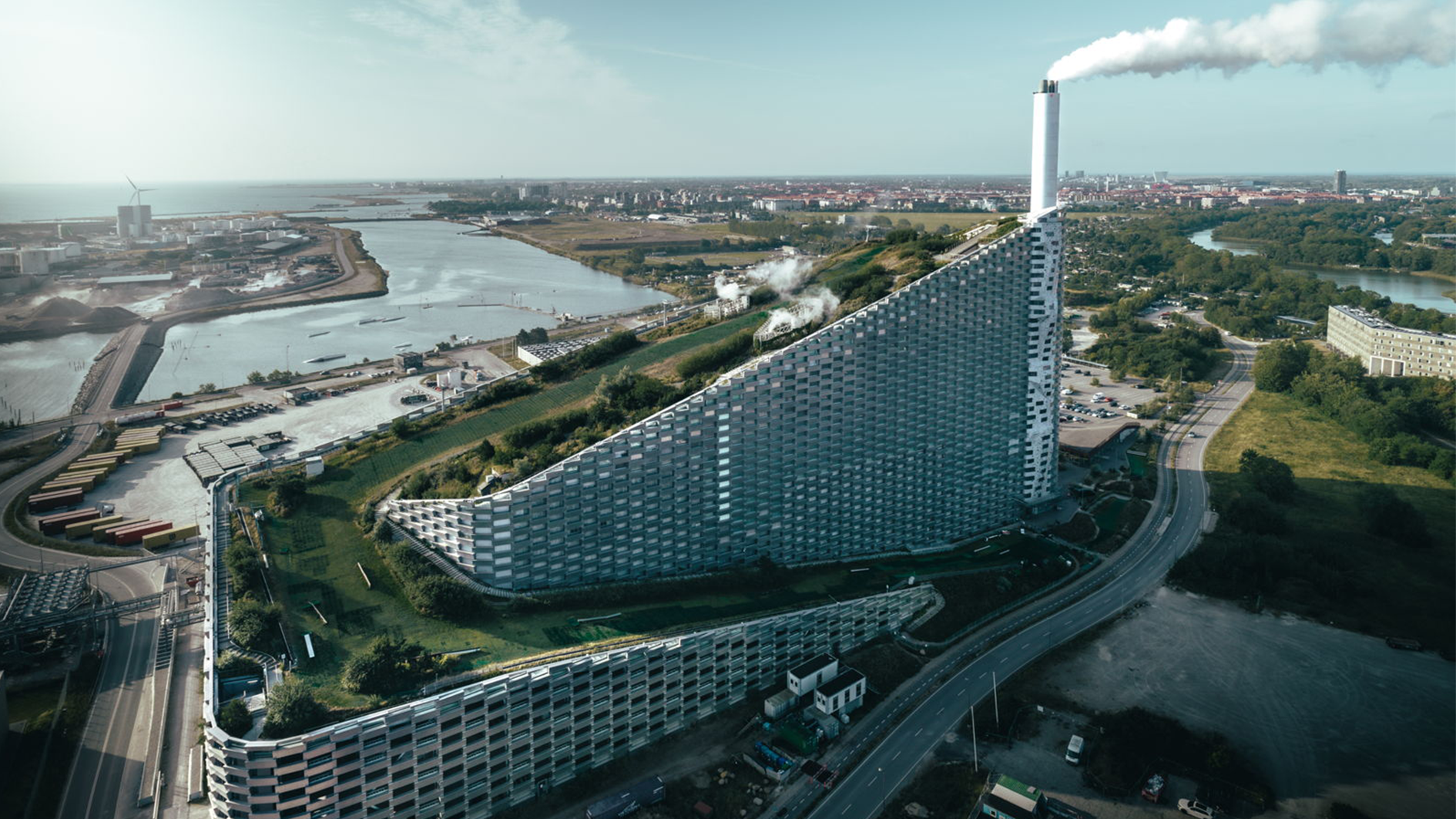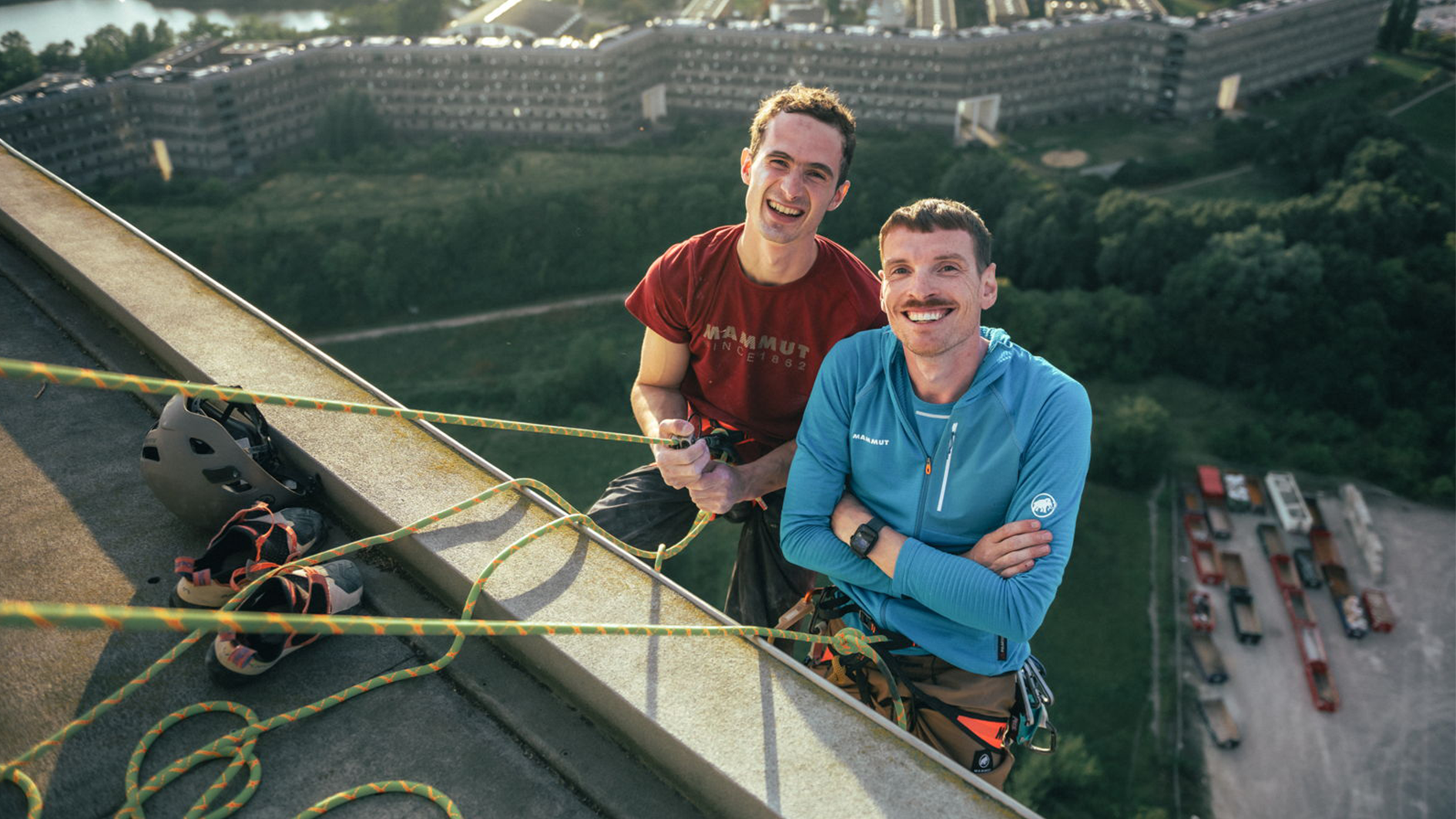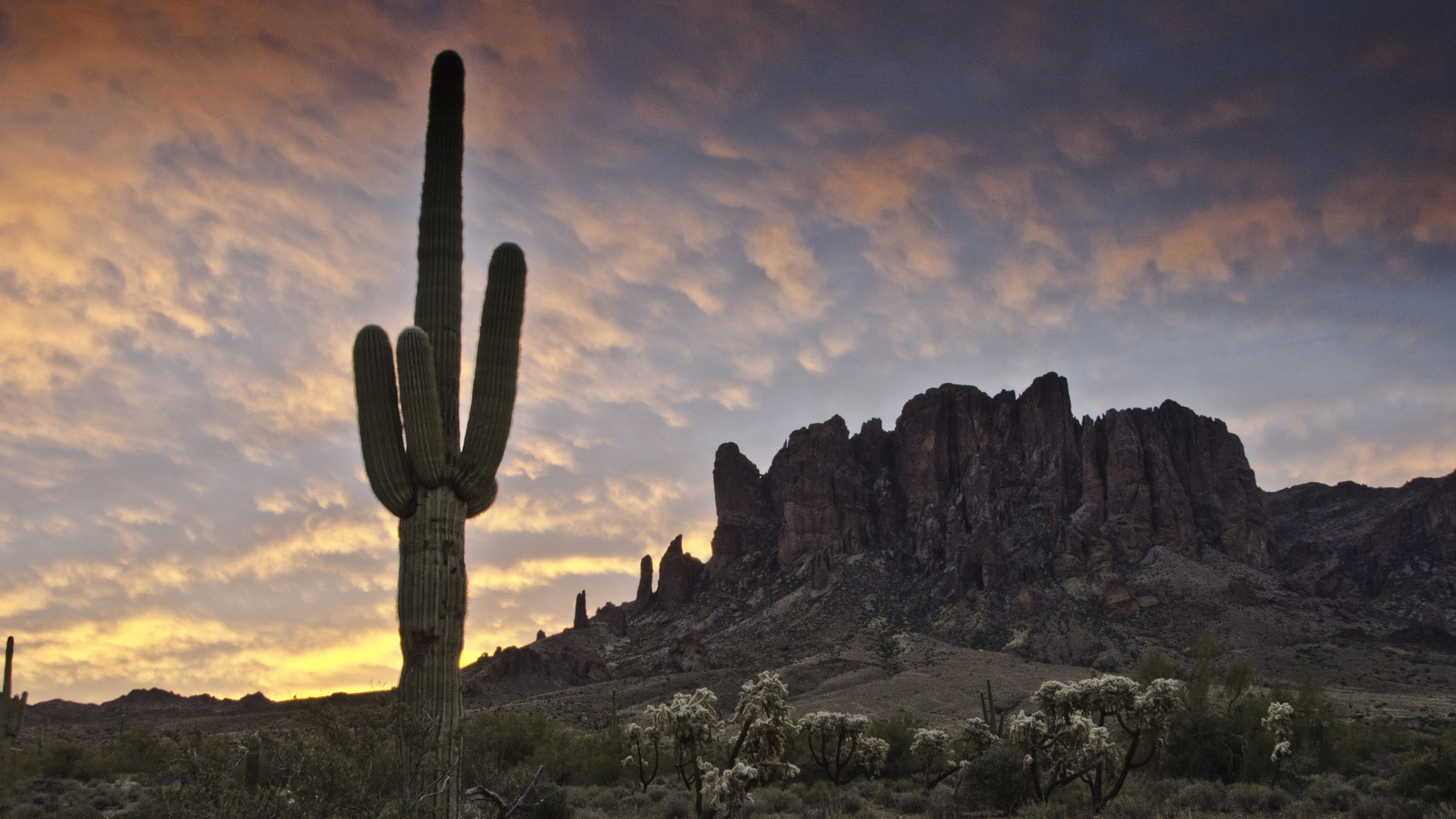Mammut claims to ‘fight back’ against climate change with new initiative to cut emissions
Collaborating with several different companies, Mammut wants to cut its carbon emissions and reach net-zero by 2025

Outdoor sports specialist Mammut is aiming to reduce its environmental impact with a new scheme to cut carbon emissions and ‘fight back’ against climate change.
Attempting to halve all emissions by 2030 and reach net zero by 2050, the Swiss company has implemented significant reduction efforts in its supply process which has already resulted in a 17% drop in emissions between 2022 and 2023.
Now, the Swiss maker of hiking, climbing, and trail running gear is part of a joint scheme to claim back more of its emissions - albeit a fraction of them - by trapping carbon dioxide in concrete.
As part of a combined effort between several companies, the ‘ARC’ waste-to-energy plant in Copenhagen, Finland will capture CO2 emissions, which will be liquified and transported to ‘Carbonnaide’, a company that binds the emissions to concrete, rendering their harmful properties mute.
As the ‘buyer’ in this project, Mammut has committed to decarbonising 90 tonnes of CO2 by the end of 2025, reclaiming a small chunk of its carbon emissions.

However, the emissions Mammut is aiming to reclaim pale in comparison to the amount the company emits each year. In 2023 alone, Mammut released 43,963 metric tonnes of carbon dioxide into the atmosphere.
While the company has steadily reduced its emissions each year, Mammut’s sizable carbon footprint means that the amount it hopes to reclaim under the concrete scheme equates to just 0.2% of last year's emissions.
Advnture Newsletter
All the latest inspiration, tips and guides to help you plan your next Advnture!
In an attempt to lend authority to its new scheme, Mammut roped in Czech Olympic climber Adam Ondra to scale the outside of the ARC energy-to-waste plant where the carbon will be converted. He compared his difficult climb with the arduous task of tackling climate change.
“This could be seen as doing the first moves or grabbing a tiny intermediate hold,” said Ondra. “The important thing is that we are moving in the right direction.”
- The best women's climbing shoes 2024 for indoor climbing sessions, valley-cragging and all-day mountain adventures

Will Symons developed his love of the outdoors as a student, exploring every inch of Sussex’s South Downs national park and wild swimming off the Brighton seafront. Now a Staff Writer for Advnture, Will previously worked as a freelance journalist and writer, covering everything from cricket to ancient history. Like most Advnture staff, Will’s time is rarely spent indoors, he can often be found hiking, wild swimming or playing cricket.
